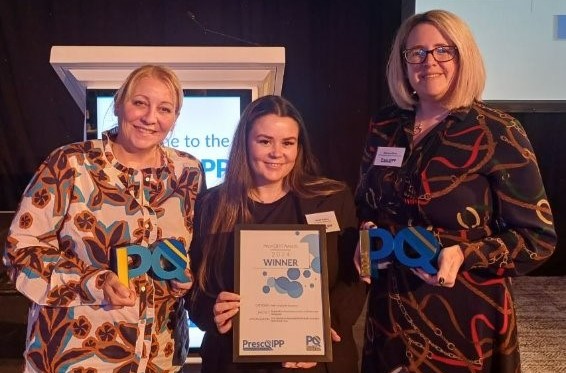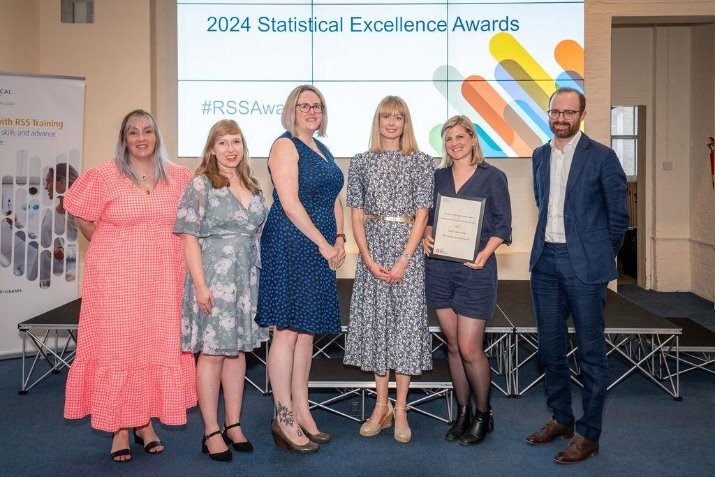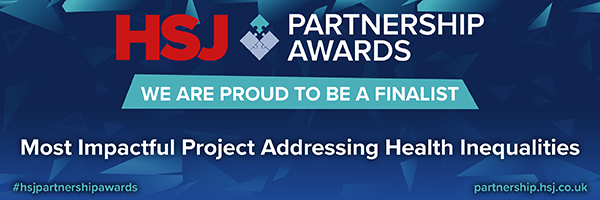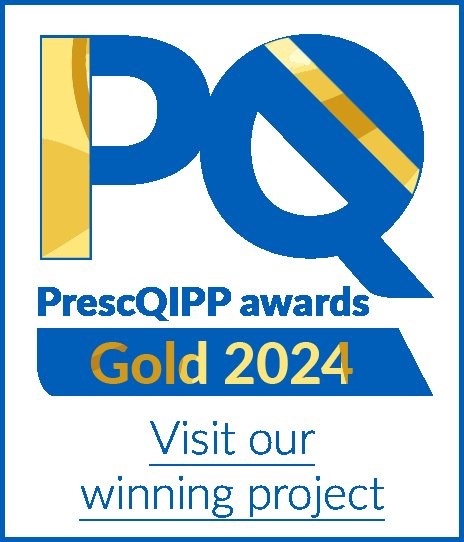
This toolkit brings together assets developed with the teams across Cheshire and Merseyside to identify, engage and support those at greatest risk.
Cohort Identification
This section contains links and instructions for accessing Cheshire & Merseyside’s Combined Intelligence for Population Health Action (CIPHA) dashboard and how to apply the filters to identify the patient cohorts we used, within your locality.
These Dashboard instructions explain how to apply filters within the CIPHA dashboard to identify the 2 cohorts we have focussed on to date:
- Cohort 1 - COPD patients
- Cohort 2 - Pre-School Respiratory Wheeze
Data collection

This section contains example data collection templates and patient feedback forms that were developed with our early adopter sites.
This Proforma is used by the Knowsley and St Helens Projects to track and collate services accessed by patients.
Case studies and evaluations

This section contains case studies and evaluations relevant to the St Helens and Knowsley Fuel Poverty project.
Graphnet qualitative evaluation.
12 month post intervention Evaluation report produced by Cheshire & Merseyside ICB's Population Health Team.
These documents for COPD and Childhood Wheeze provide use cases for the fuel poverty dashboard in Cheshire and Merseyside and includes patient case studies from these projects
A video of the St Helens Warm Homes for Lungs Project.
We’re particularly proud of our collaborative project to ease the impact of fuel poverty. Now the details of the award-winning project have been captured in a case study by Optum, one of our partners. You can read the case study here.
Pathways, processes & resources

Here is a blueprint guide to the work that has been done to date. This section also contains the pathways and SOPs that were developed at Place level to implement this approach.
This Blueprint Guide provides specific information about the Population Health Management (PHM) approach informing this work and describes process, interventions, outcomes and lessons learnt.
This Process Map provides a step-by-step process for delivering the St Helens COPD project.
This Process Map provides a step-by-step process for delivering the Knowsley COPD project.
In Cheshire and Merseyside,Energy projects Plus are delivering the Government’s grant scheme for improving the energy efficiency of homes. The aim of the ECO4 project is to assist potentially vulnerable residents to achieve whole-house retrofit.
Partners

We have produced an asset map of all of the partners we have engaged with, within Cheshire and Merseyside, to create our holistic approach to patient reviews.

 The tackling fuel poverty team are thrilled to announce that we recently won a prestigious national award for our work aimed at mitigating the impact of fuel poverty. PrescQIPP, the community interest company that supports the NHS in delivering medicines-related care, awarded us the accolade in the health inequalities section of their annual awards.
The tackling fuel poverty team are thrilled to announce that we recently won a prestigious national award for our work aimed at mitigating the impact of fuel poverty. PrescQIPP, the community interest company that supports the NHS in delivering medicines-related care, awarded us the accolade in the health inequalities section of their annual awards.  On 10 March 2024, the fuel poverty project was highly commended for the Royal Statistical Society's Florence Nightingale Award for Excellence in Health and Care Analytics. We were invited to the awards ceremony at their London headquarters and were able to deliver a short speech about the work.
On 10 March 2024, the fuel poverty project was highly commended for the Royal Statistical Society's Florence Nightingale Award for Excellence in Health and Care Analytics. We were invited to the awards ceremony at their London headquarters and were able to deliver a short speech about the work.


